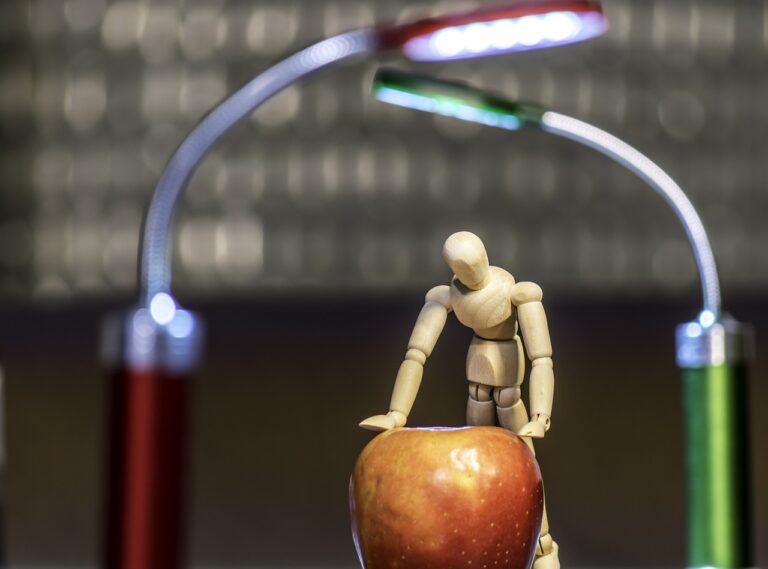Gastrointestinal Health and Pregnancy: 99 exchange bet, Laser247 register, Yolo247
99 exchange bet, laser247 register, yolo247: Pregnancy is an exciting time in a woman’s life, but it can also come with its fair share of challenges, especially when it comes to gastrointestinal health. The body undergoes numerous changes during pregnancy, which can impact the digestive system in various ways. It’s essential for expectant mothers to take care of their gastrointestinal health to ensure a smooth and healthy pregnancy. In this article, we’ll discuss the importance of gastrointestinal health during pregnancy and provide tips on how to maintain a healthy digestive system while expecting.
Changes in Gastrointestinal Health During Pregnancy
The hormonal changes that occur during pregnancy can have a significant impact on the digestive system. Progesterone, a hormone that increases during pregnancy, can relax the muscles in the digestive tract, leading to slower digestion and constipation. This can be a common complaint among pregnant women, especially in the later stages of pregnancy.
On the other hand, the growing uterus can also put pressure on the intestines, further slowing down digestion and causing discomfort. Many pregnant women experience bloating, gas, and heartburn as a result of these changes in the gastrointestinal system.
Maintaining Gastrointestinal Health During Pregnancy
Despite these challenges, there are several ways to maintain gastrointestinal health during pregnancy. Here are a few tips to help you keep your digestive system functioning well:
1. Stay Hydrated: Drinking plenty of water is essential for good digestion, especially during pregnancy. Aim to drink at least 8-10 glasses of water a day to keep things moving smoothly through your digestive tract.
2. Eat High-Fiber Foods: Fiber is crucial for preventing constipation and promoting healthy digestion. Include plenty of fruits, vegetables, whole grains, and legumes in your diet to ensure you’re getting enough fiber.
3. Exercise Regularly: Regular physical activity can help keep your digestive system running smoothly. Aim for at least 30 minutes of moderate exercise most days of the week to help prevent constipation and promote overall gastrointestinal health.
4. Take Prenatal Vitamins: Prenatal vitamins are essential for ensuring you and your baby are getting all the necessary nutrients during pregnancy. Some prenatal vitamins also contain probiotics, which can help support a healthy gut.
5. Eat Small, Frequent Meals: Instead of large meals, try eating smaller, more frequent meals throughout the day. This can help prevent bloating and indigestion, two common complaints among pregnant women.
6. Manage Stress: Stress can have a significant impact on digestive health. Find ways to relax and unwind, whether it’s through yoga, meditation, or simply taking time for yourself.
7. Consult Your Healthcare Provider: If you’re experiencing severe gastrointestinal symptoms during pregnancy, don’t hesitate to reach out to your healthcare provider. They can provide guidance on managing your symptoms and ensuring a healthy pregnancy.
FAQs
Q: Can I take over-the-counter medications for gastrointestinal issues during pregnancy?
A: It’s essential to consult your healthcare provider before taking any medications, even over-the-counter ones, during pregnancy. Some medications may not be safe for you or your baby, so it’s crucial to get guidance from a healthcare professional.
Q: Is it normal to experience constipation during pregnancy?
A: Yes, constipation is a common complaint among pregnant women due to hormonal changes and the pressure of the growing uterus on the intestines. Eating a high-fiber diet, staying hydrated, and exercising regularly can help prevent and alleviate constipation.
Q: What are some natural remedies for gastrointestinal issues during pregnancy?
A: Some natural remedies for gastrointestinal issues during pregnancy include drinking ginger tea for nausea, eating small, frequent meals to prevent indigestion, and staying hydrated to prevent constipation. However, it’s always best to consult with your healthcare provider before trying any new remedies.
In conclusion, maintaining gastrointestinal health during pregnancy is essential for both the mother and the baby’s well-being. By following the tips outlined in this article and consulting with your healthcare provider as needed, you can help ensure a smooth and healthy pregnancy. Remember to prioritize self-care and listen to your body’s needs throughout this miraculous journey.







